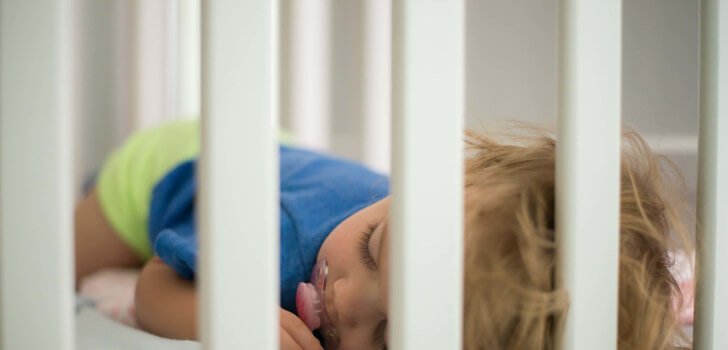In an alarming trend, infants and toddlers are being prescribed antipsychotic medications that are designed for adults. Many of these medications have never been tested on young people, but that isn’t stopping doctors from handing out these prescriptions in an effort to curb the effects of troubling disorders that result in highly violent and withdrawn behavior.
However, many doctors are worried that this could lead to serious health risks, as they question whether or not such medication should be taken at such young ages. What makes matters more worrisome is that the practice is increasing, as more and more young people are being given drugs that were never intended for young people.
Some of the medications that are being given to young children include Risperadal, Seroquel and other antipsychotic medications. In 2014, nearly 20,000 such prescriptions were written to children under the age of two. This represents a 50% increase from 2013. Additionally, many toddlers and infants are being prescribed the antidepressant medication Prozac; more than 83,000 children who are under two years old are taking the drug.
It is unknown exactly why most of these children are receiving such medications. While doctors are allowed to prescribe any medication for any purpose they see fit, this can result in drugs being used in experimental and questionable ways.
Many doctors have said that they were shocked to learn that children this young are receiving such medications. They assume that parents and doctors mean well and that they are just trying to alleviate highly concerning symptoms and behaviors. Parents are undoubtedly concerned when their child gets kicked out of daycare or is essentially non-verbal or strikingly lethargic.
Pediatrician and child psychiatrist at Tulane University Dr. Mary Margaret Gleason said, “People are doing their very best with the tools available to them. There’s a sense of desperation with families of children who are suffering, and the tool that most providers have is the prescription pad.”
However, Dr. Gleason went on to say that children this young have brains that are still in their basic development, and using such medications this early can profoundly influence their growth. It is for that reason that the adult medications are seldom used in formal clinical trials. She says that these are real children, not experiments, and the practice should be strongly discouraged.
In fact, some doctors are so baffled by the practice that they believe that foul play might be involved. It’s possible that the medications are actually being taken by the parents. Doctors are often willing to assist families whenever they can. By writing the prescription in the name of a child covered by Medicaid, the uninsured parent can save a large amount of money. But with so many cases, it’s almost certain that a large number of very young children are taking adult medicines.
Needless to say, many doctors believe that diagnoses are being made too early. For instance, last year at least 10,000 children between the ages of two and three were diagnosed with ADHD. From there, many of the children were prescribed Adderall. This is a direct violation of the American Academy of Pediatrics guidelines.
Professor of developmental and brain sciences at the University of Massachusetts Boston Dr. Ed Tronick said, “I think you simply cannot make anything close to a diagnosis of these types of disorders in children of that age. There’s this very narrow range of what people think the prototype child should look like. Deviations from that lead them to seek out interventions like these. I think it’s just nuts.”
Meanwhile, Prozac is only approved for the treatment of depression in children aged eight and older. Risperdal is never approved for children under the age of five. And yet, there are two year olds taking the drugs.
However, the use of adult medicines is sometimes a matter of life or death for young children. Many very young children are prescribed antianxiety drugs such as Valium or Klonopin to control dangerous seizures. While stopping seizures is a top priority, it is still unknown what kinds of effects the young children will have further down the road.
With privacy concerns put into place, it can be extremely difficult, if not impossible, to study what happens when children this young consume the medications. However, it’s highly likely that these children will be changed for the rest of their lives. Some medical professionals believe that the short term solutions will only lead to long term problems.
Dr. Tronick said, “There are behavioral ways of working with the problems rather than medication. What is generating such fear and anger and withdrawal in the child? What is frustrating or causing stress in the parent? These are the things that have to be explored. But that takes time and money.”
For now, there are indeed some very concerning practices going on in the world of child medicine. It looks like the practice will continue as desperate parents will do anything to try to help their children, even if it means taking tremendous and irreversible risks.
Stay Connected